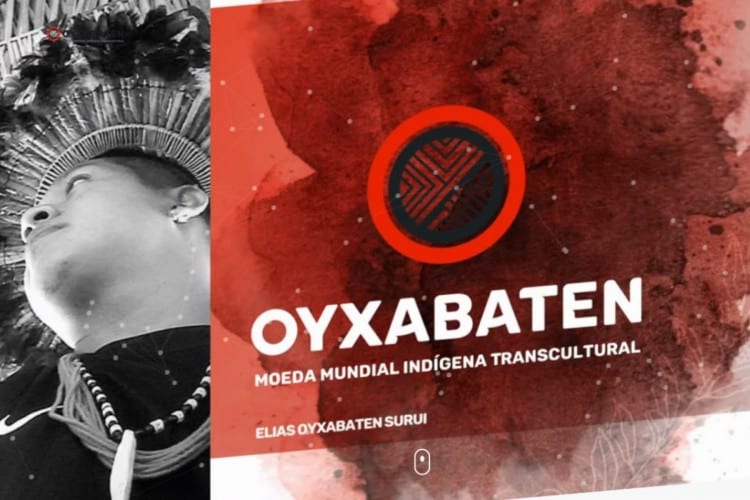Two indigenous tribes from the northern region of Brazil have joined forces to create a cryptocurrency to save their future and have access to a decent income after a lack of attention from that country’s government. The two tribes are known for their with ancestral rivalries. Brazil’s President Jair Bolsonaro is known for his derogatory —perhaps even racists— comments on the country’s indigenous peoples, repeatedly asserting that any attention towards indigenous lands and their culture is a waste of resources. On April 12, 1998, he told the Brazilian newspaper “Correio Brasiliense” that it was “too bad the Brazilian cavalry was not as efficient as the American cavalry, which exterminated all the Indians” and during his administration, he has actively worked to diminish
Topics:
Felix Mollen considers the following as important: AA News, brazil, Regulations
This could be interesting, too:
Chayanika Deka writes Yuga Labs Secures Major Win as SEC Closes Investigation Without Charges
Andrew Throuvalas writes Bitcoin Soars Back To ,000 After BlackRock CEO Says “Buy The Dip”
Chayanika Deka writes XRP, SOL, and ADA Inclusion in US Crypto Reserve Pushes Traders on Edge
Chayanika Deka writes Why Arthur Hayes Is Bullish on Bitcoin Under Trump’s Economic Strategy
Two indigenous tribes from the northern region of Brazil have joined forces to create a cryptocurrency to save their future and have access to a decent income after a lack of attention from that country’s government. The two tribes are known for their with ancestral rivalries.
Brazil’s President Jair Bolsonaro is known for his derogatory —perhaps even racists— comments on the country’s indigenous peoples, repeatedly asserting that any attention towards indigenous lands and their culture is a waste of resources. On April 12, 1998, he told the Brazilian newspaper “Correio Brasiliense” that it was “too bad the Brazilian cavalry was not as efficient as the American cavalry, which exterminated all the Indians” and during his administration, he has actively worked to diminish the legal benefits of indigenous peoples.

What the Government of Brazil Divides, a Cryptocurrency Unites
With this in mind, it is not surprising that tribes with ancestral rivalries have come together in the face of a common enemy. However, it is surprising that a cryptocurrency was the binding agent of this historic partnership.
The cryptocurrency created by the tribes is a utility token named OYX. It was created by the native entrepreneur Elias Oyxabaten Surui. They hope to issue 100 million tokens with an initial selling price of 10 Brazilian reais (just under $2) each.
The proceeds will let tribes to acquire the implements they need to live.
The benefits will go to the Surui Paiter and the Cintas-Largas tribes. These are scattered in the states of Rondônia and Mato Grosso.
The Indigenous Cryptocurrency is Technologically and Politically Good
One of the ideas behind the emission of a digital token is the easiness of auditing a donation. Firstly, they prevent any corrupt practices. Secondly, donors can be confident their money is fulfilling the objective they had in mind. Moreover people can know exactly how much they received and what the funds were spent on.
The token’s whitepaper also has a component of political protest. Faced with a government that refuses to support its people, people decided to organize to create their own independent economy:
Without government help and having to fight against illegal mining, the covid-19 pandemic and the region’s grileiros [illegal landlords] the Surui Paiter and the Cintas-Largas form a group of about 4,000 people who struggle for fixed income and minimum living conditions.
We were left on our own by the Federal Government during the coronavirus pandemic. Blockchain is our weapon today, and OYX is the means to wage and win this war without bloodshed. The Cinta-Larga and Surui people will not accept being subjugated by the policies of this government.
The cryptocurrency was launched during the “Blockchain Connect” event in Brazil. Considering that this initiative is private, it may have a better chance of surviving than a similar project of 44 million Reais approved during the government of Michele Temer before Bolsonaro took power.
Brazil is already considering launching its own CBDC somewhere in 2021. Also, Its new payment system PIX is now live and promises instant, almost free, 24/7 interbank transactions.
